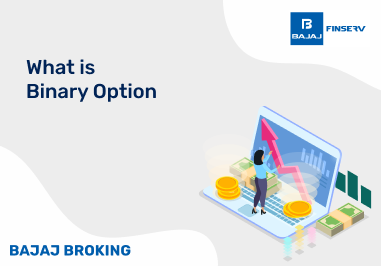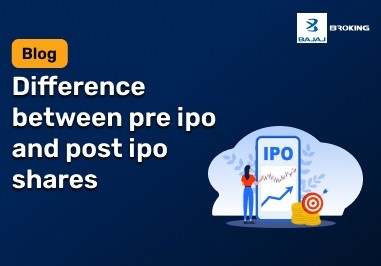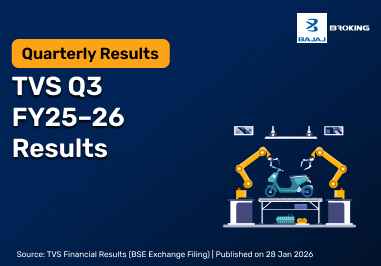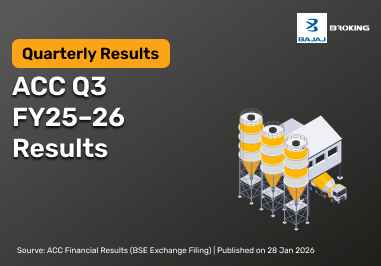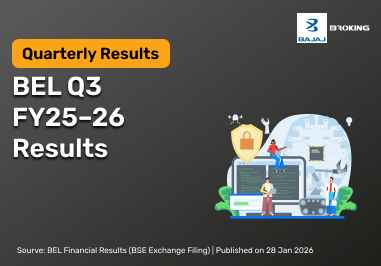What is a Bonus Share Issue?
A bonus issue is when a company gives its current shareholders more shares. It's a way to reward them with money without spending any. For instance, if you have a 1:1 ratio, you'll get one new share for every share you already own.
A bonus issue gives you more shares without you having to spend any money, unlike a cash dividend. This makes the stock more appealing to new investors.
What Is the Record Date for a Bonus Issue?
The record date is the official cut-off. To get bonus shares, you must be a shareholder on this date. If you buy after this day, you won't be eligible.
Some of a few well known stocks now settle the same day (T+0). However, many still take one day (T+1). To be safe, buy the stock at least one day before the record date.
How to Get Bonus Shares?
To get bonus shares, you must buy the stock before its ex-date and hold it on the record date. This gets your name on the company's official eligibility list.
Always watch for company announcements on bonus issues. You can find them on stock exchanges or in the news. Missing an update could mean you miss out on free shares.
Typically, the bonus shares will appear in your demat account about 15-20 business days after the record date. You don't need to do anything; just watch them arrive.
Timeline for Bonus Shares Credit
Crediting bonus shares follows a set schedule. It usually takes 15 to 20 days after the record date for them to show up in shareholders’ demat accounts. This timing can vary based on regulatory steps, the company's process, and the depositories.
After the record date, the company finalises the list and works with depositories to credit the shares. They usually provide a tentative credit date for investors.
When Will Bonus Shares Be Credited to a Demat Account?
Bonus shares typically land in your demat account 15 to 20 days after the record date, though this can vary. A company will announce two key dates: the record date for eligibility and the ex-date, which is usually one day before. Buy before the ex-date.
After the record date, the company sends the list of shareholders to places like NSDL and CDSL. They process and distribute the shares. The day they appear in your account is the allotment date. You can verify this by checking your demat statement or the depository's website.
How to Check Bonus Share Credit?
To trade stocks, you need a demat account, which many brokers now offer for free. Your bonus shares will come here just like your regular shares do. Here's a simple way to check for them in your account:
Step 1: Log in to your demat account:
To see your new bonus shares, log into your broker's app or website and go to your demat account.
Step 2: Navigate to the portfolio or holdings section
Go to the "Portfolio" or "Holdings" part. This is where you can see a full list of all the shares you own right now.
Step 3: Search for the company’s name
Check the name of the company that announced the bonus issue to see if the new shares have been added to your account.
Step 4: Confirm the quantity of shares
Make sure that the new number of shares matches the bonus ratio that was announced. To get a 1:1 bonus, the number of shares you own should have doubled.
Step 5: Download a statement (optional)
You can download a transaction statement for your own records. This will make it clear when and how many extra shares were added.
Step 6: Cross-check with the depository
You can also log in directly to NSDL or CDSL to make sure that the bonus shares are safely in your demat account.
Advantages of bonus shares credited to demat accounts
You get more shares for free, which is a great reward for being a long-term investor in the company.
Bonus shares increase your total shareholding, which can improve your portfolio value when stock prices rise—giving you more potential gains over time.
They help investors feel better about the company by showing that it is doing well financially and wants to share its success with people like you who own shares.
The more shares you own, the more voting power you have when the company makes decisions. This gives you a stronger voice as a shareholder in important business matters.
Bonus shares make it easier for small investors to stay in the market because they get extra shares without having to buy more.
Disadvantages of bonus shares credited to demat accounts
The stock price usually drops after a bonus issue, so even with more shares, the total value of your investment might stay the same.
Receiving bonus shares could increase your future tax liability when you sell them, especially if the stock price grows significantly after they are allotted.
It can be confusing for new investors who might not understand why their share count has suddenly changed or why the stock price adjusted.
Companies may sometimes give out bonus shares to hide bad business performance, which could confuse investors who only pay attention to news and signals that are easy to see.
Bonus shares don't give you cash right away like dividends do, so they won't help you if you need a steady stream of money.
Conclusion
Bonus shares are a clever, cash-free way for companies to reward investors. Just like IPOs, keep an eye on these announcements. Remember to own the stock before the record date.
Check your Demat account for the credited shares after the important dates have passed. This small step helps you track your growing portfolio.
Understanding bonus shares can really enhance your investment returns. Blend this knowledge into your strategy alongside mutual funds or ETFs to create a balanced portfolio and build wealth.




